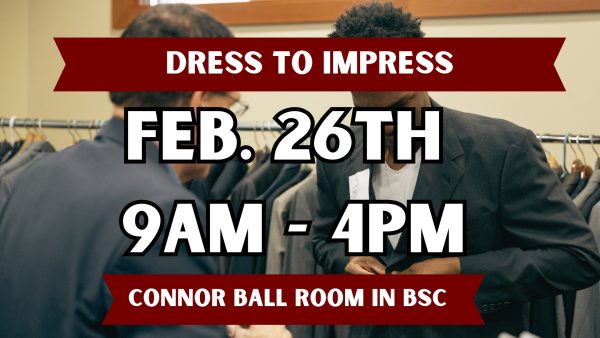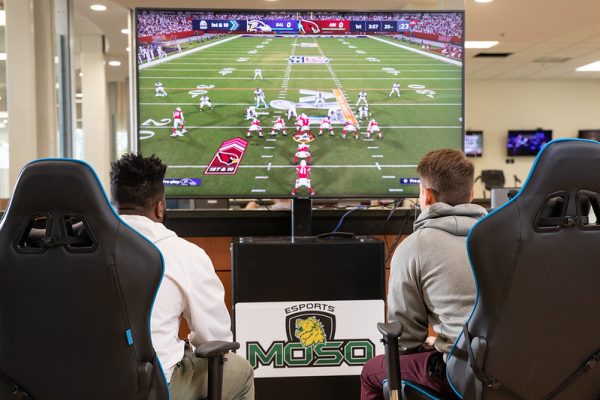Implementing new certificates
Certificates offer students leg-up in real world
When it comes to schooling, students prefer getting the most out of their education. One way to expand on skills and knowledge than to obtain a certificate.
Students have numerous options on their degree focus. Obtaining a certificate opens the door of opportunity for students.
Missouri Southern officials are developing a way for students take advantage of this program.
Using the certificate method, students may learn skills in their desired major as well as expand their knowledge in a lesser known field of study.
“Certificates are similar to minors in that it does not require as many hours to complete as a major would,” explained Dr. Wendy McGrane, associate vice president for academic affairs.
“The hours needed to obtain a certificate vary by department.
“In some cases, it’s getting close to the equivalent of what a minor would be.”
The program is open to current full- or part-time students. McGrane said students need to remember this program does not replace a bachelor’s degree, rather they are designed to make a student more marketable in the workplace and shows a student’s expertise in another area outside of their chosen field.
“It’s another way to market themselves to a perspective employer,” McGrane said. “There is a big variety. Not all departments have certificates yet, but they are up and coming.”
McGrane said certificates are referred to as a micro-credential and the State of Missouri recognizes these credentials in the same way they recognize an associate’s, bachelor’s, and master’s degree.
At for Southern, the courses in the certificate program count as a completer.
“The state doesn’t count minors,” McGrane said. “That’s not to discourage picking up a minor.
“Minors are good for graduate students or a professional study where the minor will be helpful to them but for whatever reason it’s not counted as a completer.”
McGrane said certificates are considered an “official credential” while a minor is not.
“In some cases, some certificates are very disciplined-based, for example a Spanish or Chinese certificate,” McGrane said. “You don’t have to be a major in a particular area to pursue a certificate.”
Students do not need a bachelor’s degree to obtain a certificate. Some students may choose to be certificate-seeking, but there are limitations in the long run if this route is chosen.
McGrane strongly encourages all students to seek a degree along with the certificate.
Students are eligible to receive financial aid when taking these courses only if they are degree seeking, and this does include full-time and part-time students.
The biggest difference between a minor and a certificate are the number of hours accrued.
McGrane said a credential certificate requires fewer hours to complete than the typical minor. It is a recognized credential as opposed to a minor, which is not recognized as a credential.
“It’s neat to look outside your primary, disciplinary area,” McGrane said. “Certificates are not new as it has been around for several years. But it is new for the State of Missouri to view them as an official credential. It is a quick, deep, broad exposure to a certain area.”
McGrane said students are limited to pursuing three credentials at one time. For example, if a student wishes to seek a bachelor’s degree, two certificates can be obtained as well. Or if a student wishes to double major, one certificate may be obtained.
“These are designed as add-ons rather than stand-alone, in terms of degrees,” McGrane said. “That’s where we see the value. It surely is an enhancement to a resumé.
“I would encourage students, if they have any questions about certificates, or just wanna know more, that they should reach out to their adviser or ACTS office.”
Your donation will support the student journalists of Missouri Southern State University. Your contribution will allow us to purchase equipment and cover our annual website hosting costs.
























